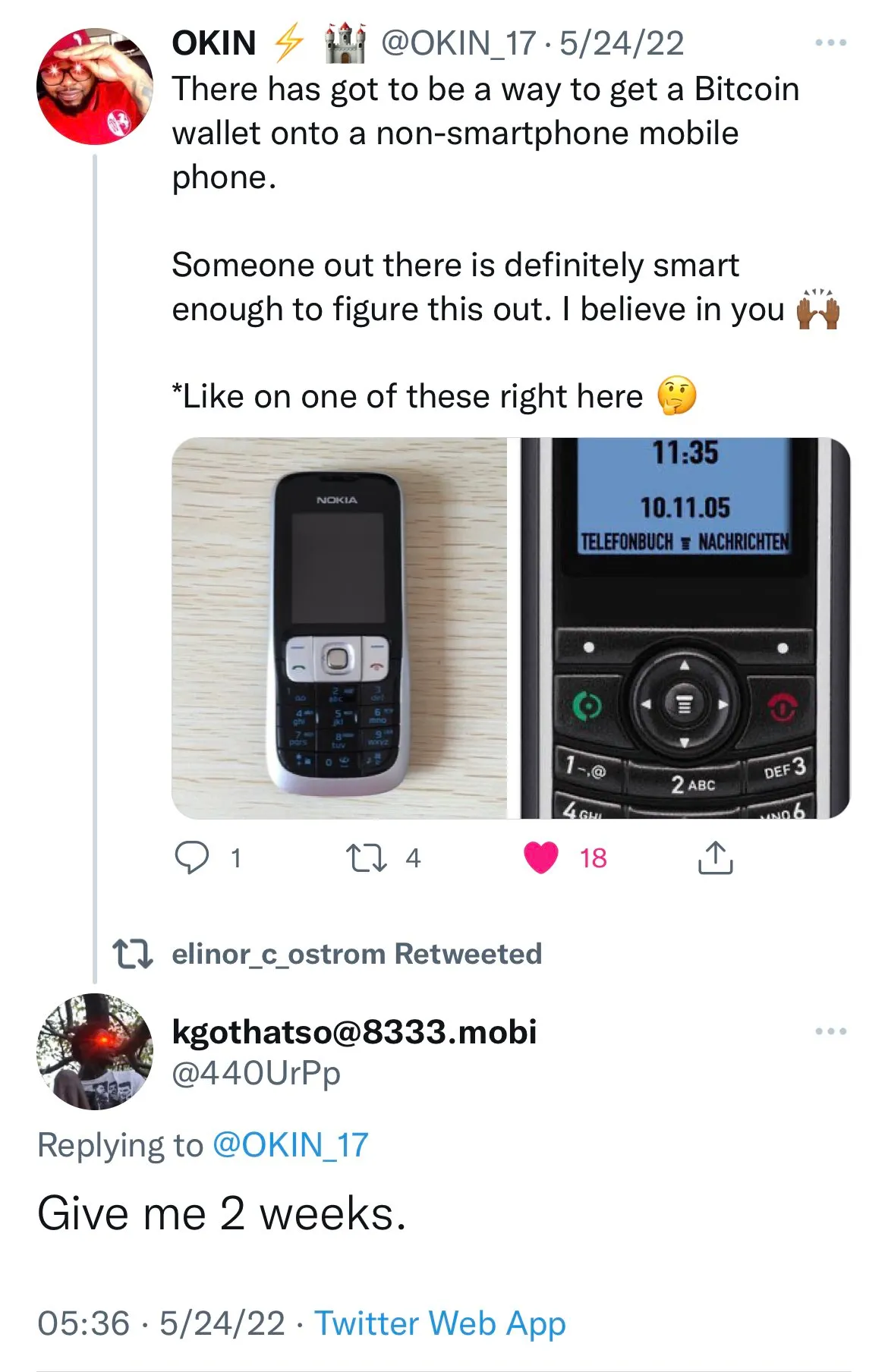
Judges overseeing Grayscale’s lawsuit against the Securities and Exchange Commission (SEC) questioned the financial watchdog Tuesday, digging into the agency’s basis for denying Grayscale’s application to establish a Bitcoin ETF.
The questions came during oral arguments in the U.S. Court of Appeals for the D.C. Circuit, overseen by Judges Sri Srinivasan, Neomi Rao, and Harry Edwards. Grayscale initiated legal action against the SEC in June of last year, after an application to convert its Grayscale Bitcoin Trust (GBTC) into a spot market Bitcoin ETF was rejected.
A core element of the SEC’s argument, delivered by SEC Senior Counsel Emily Parise, is that Grayscale’s application lacked data necessary to confidentially determine “whether fraud and manipulation in the spot market impacts futures [markets] in the same way.”
But Judge Neomi Rao said it seems the futures price of Bitcoin is a derivative of the asset’s spot price which move together 99.9% of the time. She said the SEC has not provided evidence that Grayscale’s claims are wrong.
“It seems like there’s quite a bit of information on how these markets work together, adding “the Commission really needs to explain […] how it understands the relationship between Bitcoin futures and the spot price of Bitcoin.”
On behalf of Grayscale, former U.S. Solicitor General Don Verrilli argued that the SEC’s denial of Grayscale’s application to convert GBTC into a spot market Bitcoin ETF contradicted previous decisions “giving the green light” for futures-based ETFs to trade in the U.S.
He described the SEC’s denial as “the definition of arbitrary decision-making,” arguing that Grayscale’s spot market ETF would pose the “same risk of fraud and manipulation” that currently approved Bitcoin products that trade on the Chicago Mercantile Exchange (CME).
Grayscale first submitted an application to convert GBTC into an ETF in 2016. According to the company’s website, it holds more than $14 billion worth of assets in the product.
Currently, shares of GBTC trade at significantly less than the underlying value of the Bitcoin held by Grayscale in its trust partly due to the product’s structure, which prevents shares from being redeemed for Bitcoin. If it were converted into a spot market ETF, shares of BTC would likely track the price of Bitcoin more closely as arbitragers trade the difference away.
As of Tuesday, shares of GBTC traded at a 42% discount relative to the assets under management by Grayscale in the trust, a gap that’s reached nearly 49% at its widest, according to Ycharts. However, shares climbed upwards of 7.6% to $12.68 amid Tuesday’s oral arguments.
As of now, no spot-based Bitcoin ETF has been approved in the U.S. by the SEC, which has rejected numerous applications since the Winklevoss twins filed for a Bitcoin ETF-like trust in 2013. But Bitcoin ETFs based on futures contracts have traded in the U.S. since ProShares’ Bitcoin futures ETF launched on the New York Stock Exchange in October 2021.
The SEC has repeatedly cited its mandate to protect investors in the U.S. while rejecting spot-based Bitcoin ETF applications. When Grayscale’s application to convert GBTC into a spot market Bitcoin ETF was rejected last year, the financial watchdog said that Grayscale’s application did not do enough to provide protection from “fraudulent and manipulative acts and practices.”
Stay on top of crypto news, get daily updates in your inbox.
Sourced from decrypt.co.
Written by André Beganski on 2023-03-07 19:15:43.








